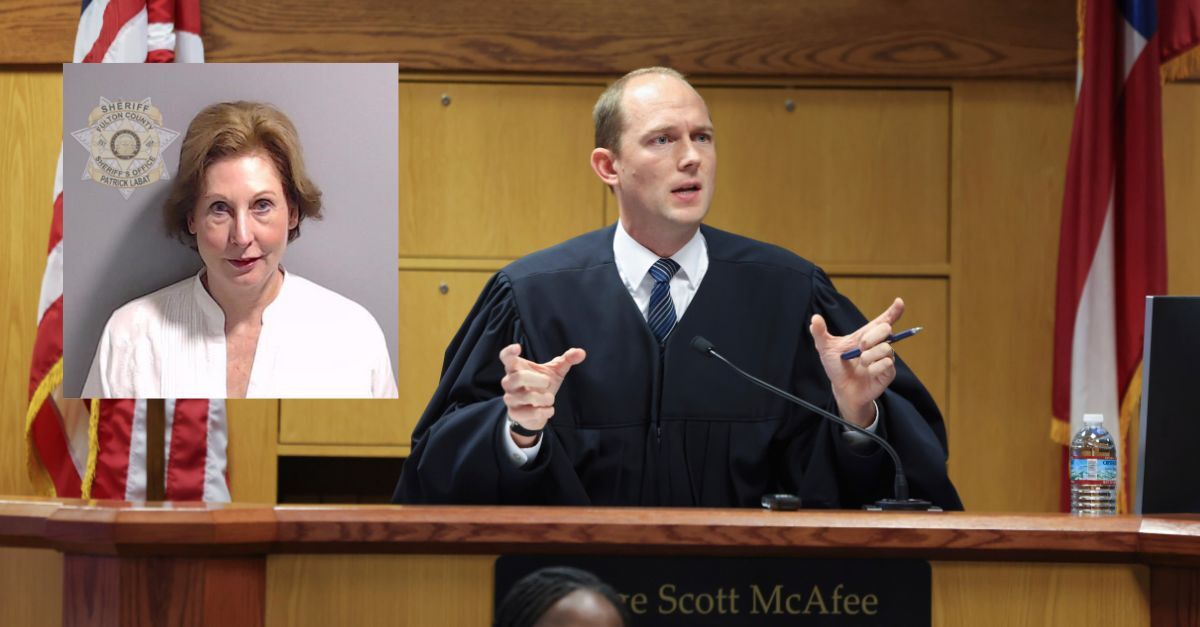The Georgia judge presiding over the 2020 election RICO case against former President Donald Trump and co-defendants who have yet to plead guilty has reversed himself on the issue of sealing the criminal case dockets of attorneys Sidney Powell, Ken Chesebro, and Jenna Ellis, and bail bondsman Scott Hall.
Fulton County Superior Court Judge Scott McAfee began his unsealing order by noting that Powell, Chesebro, Ellis, and Hall each invoked their first-time offender status under Georgia’s First Offender Act to immediately seal their dockets following guilty pleas to lesser charges that did not include a RICO offense.



In case anyone else had heard the term “docket” all their life but never really knew what it meant, I looked it up for us.